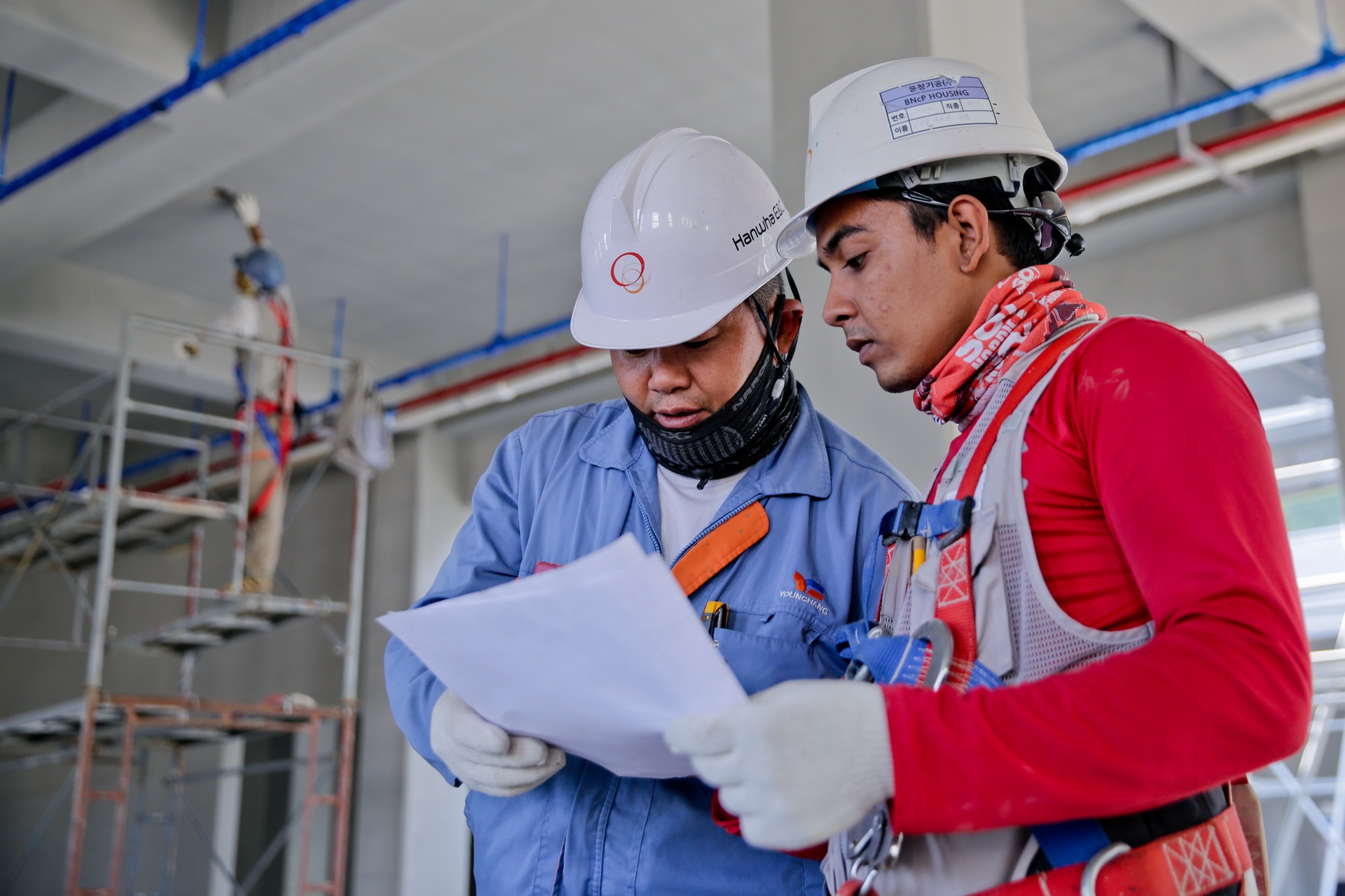 Getting to know the whole picture about the property that you’re about to deal with makes perfect sense. And it can save you from a ton of unforeseen costs in the future. How exactly does one go about it, though?
Getting to know the whole picture about the property that you’re about to deal with makes perfect sense. And it can save you from a ton of unforeseen costs in the future. How exactly does one go about it, though?
A procedure known as a building inspection can help. Our guide will brief you on key facts about a building inspection and what purpose they serve in the real buying process. We will also give some key tips to get the most out of your experience.
Why Bother with Getting a Building Inspection Done?
Requesting a building inspection via jimsbuildinginspectionsadelaide.com.au allows you to:
- Uncover the subtle and often serious problems with the property before you invest in it.
- Leverage the uncovered issues to negotiate a better deal when buying the property.
- Get a more detailed outlook on the property when consulting an expert about the issues.
- Have more data available for planning how to fix the property’s main problems.
As you see, a building inspection is a good idea for a variety of reasons. Let’s find out more about the procedure itself.
What Steps Does a Typical Building Inspection Involve?
A building inspection specialist is almost always likely to assess such major aspects as:
- Exterior and interior of the building.
- Roof and underfloor space.
- Roof exterior.
- Site of the building.
In addition, a building inspection specialist may check for the presence or absence of:
- Adjacent site buildings, such as garden sheds, garages, and carports.
- Various aspects of the site, like fencing, small retaining walls, steps, driveways, and paths.
- Surface water drainage and stormwater runoffs.
- Separate toilet or laundry.
- Working electrical safety switch.
- Working smoke alarms.
Ultimately, the true scope of a building inspection depends on the property.
What Does a Standard Building Inspection Not Cover?
It is uncommon for a building inspection to cover the examination of:
- Problems with various pests.
- Minor and cosmetic defects.
- Parts of the property that a building inspection specialist can not access.
- Potential costs of repairs.
- Electrical wiring, gasfitting, plumbing, drainage, or air conditioning.
- Swimming pools, pool equipment, and watering systems.
- Chimneys, fireplaces, and smoke detectors.
- TV and Internet connection.
- Kitchen equipment and appliances.
- Functionality of every window.
In essence, building inspection experts take note of major issues and try not to major in the minors.
What Is a Building Inspection Good for Then?
First and foremost, a building inspection caters to the buyers of property. It provides an overview of the property’s condition, identifying key issues with the property that the buyer should know about. As such, a building inspection is not a good fit for evaluation of repair costs or compliance verification.
Is Getting a Building Inspection Done Worth It?
If you have any second thoughts about the property you’re about to buy, a building inspection can bring more clarity. But look for a building inspection professional with a wider area of expertise, who can check more aspects of property. And make sure that he or she has a professional indemnity insurance.